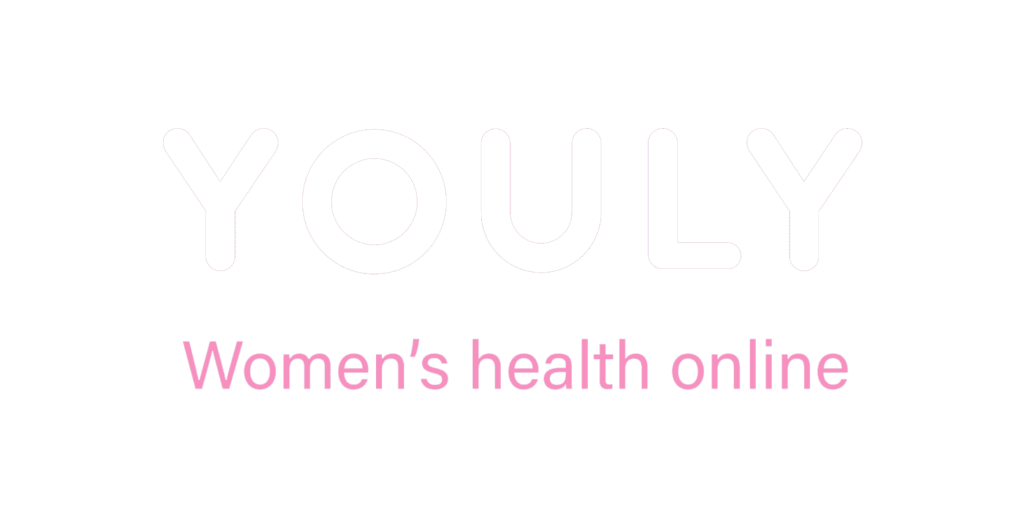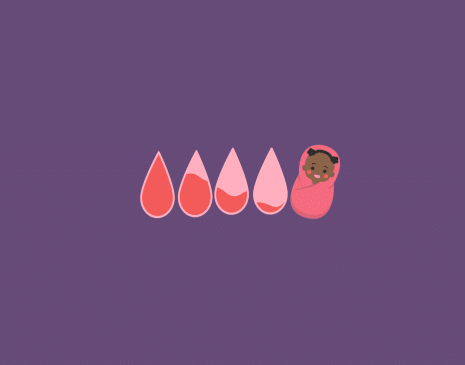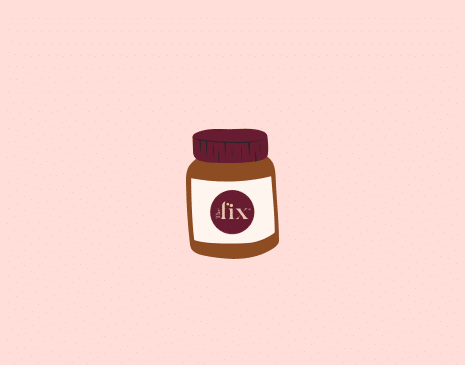For many women, the period phase of the menstrual cycle can provide a sense of security against pregnancy. After weeks of pedantic birth control pill-popping, condom application, and constant checking of your knickers for that first spot of period blood, you can finally enjoy a few days of worry-free sex. But before you ditch the contraceptive pill or condoms (reminder: condoms are one of the best ways to prevent sexually transmitted infections), can you get pregnant on your period?
First, How Does Conception Occur?
During the ovulation phase of a person’s cycle, the ovaries release an egg in what is known as ovulation.
Meanwhile, in the body of the male partner, there is an incredible race between millions of sperm competing for the title of champion sperm. Only the single fastest and strongest sperm survives the great race of conception. Some sperm are lost within the narrow fallopian tubes, others are stopped by natural obstacles within a woman’s body, and the final few simply dissolve. The winning sperm enters the woman’s egg, and that’s the story of conception.
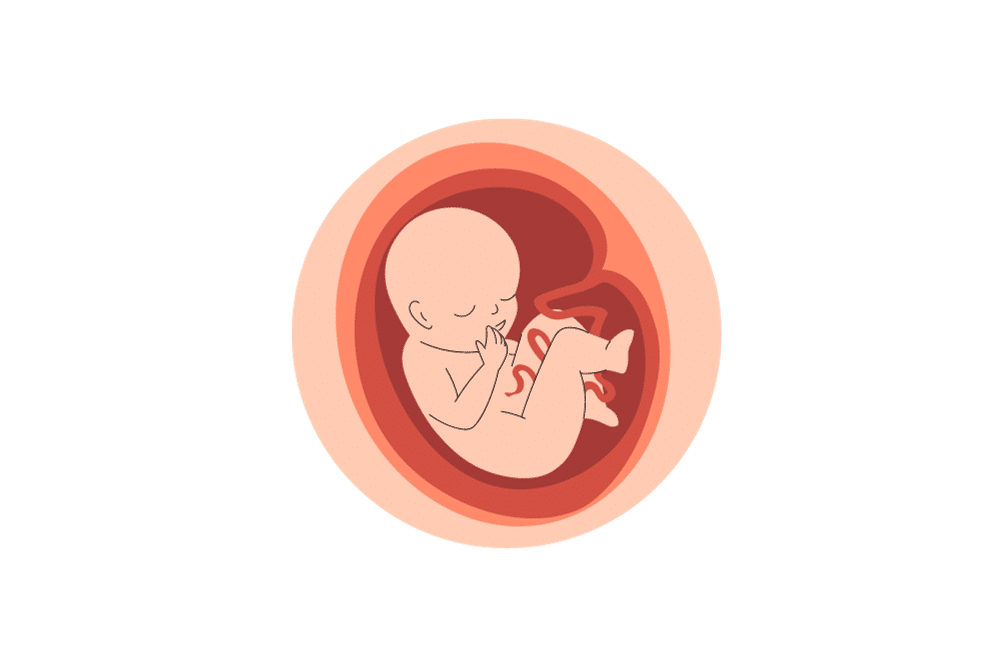
What is Ovulation?
Ovulation is a key part of the menstrual cycle in women and is the process by which a mature egg (ovum) is released from one of the ovaries. Ovulation typically occurs about halfway through the menstrual cycle. Here’s an overview of what happens during ovulation:
Ovarian Follicle Development: At the beginning of the menstrual cycle, several immature eggs are contained within small sacs called ovarian follicles in the ovaries. These follicles start to develop and grow.
Release of the Egg: As the menstrual cycle progresses, one of these follicles becomes dominant and continues to mature. This dominant follicle eventually ruptures, releasing the mature egg into the fallopian tube in a process called ovulation. Ovulation is triggered by a surge in luteinising hormone (LH) and, to some extent, follicle-stimulating hormone (FSH), which are hormones released by the pituitary gland.
Fertilisation: Once the egg is released into the fallopian tube, it can be fertilised by sperm if intercourse occurs around ovulation. If fertilisation occurs, the fertilised egg (zygote) will start its journey towards the uterus for implantation and pregnancy.
Timing: Ovulation typically occurs around the middle of a woman’s menstrual cycle, often considered day 14 in a 28-day cycle. However, the timing of ovulation can vary from person to person and may be influenced by factors like stress, illness, or changes in routine.
Understanding when you ovulate is important if you are trying to conceive or avoid pregnancy. Various methods can be used to track ovulation, such as monitoring changes in cervical mucus, using ovulation predictor kits, tracking basal body temperature, or keeping a menstrual calendar. Learn how to know if you have ovulated.
It’s important to note that the window for fertilisation is relatively short, usually about 12-24 hours after ovulation. Sperm can survive inside the female reproductive tract for several days, which is why the fertile period can extend before and after the exact time of ovulation.
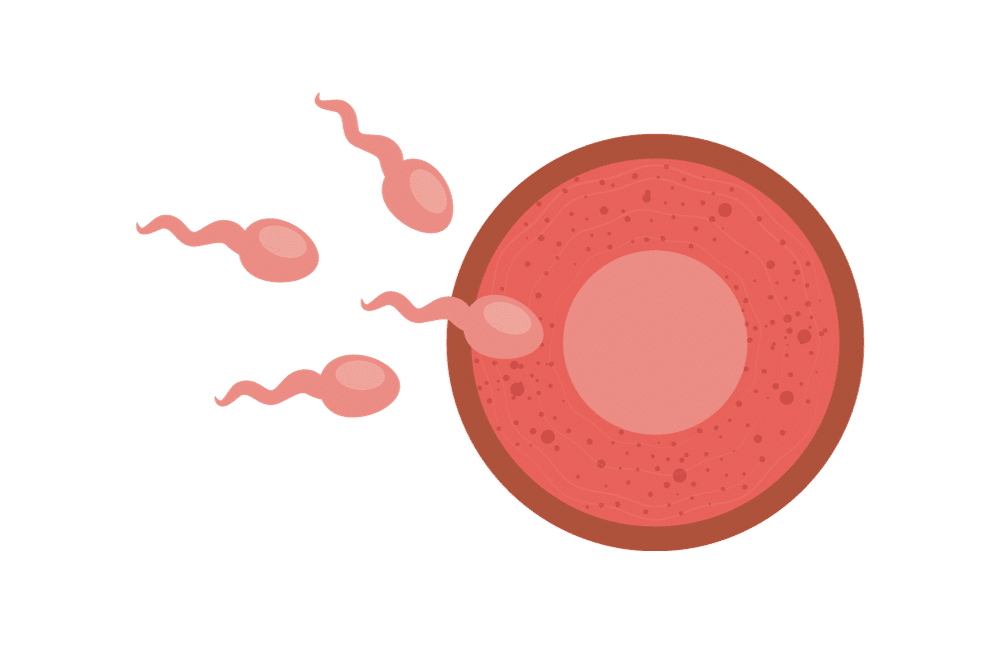
Can You Get Pregnant if You Have Sex During Your Period?
The chances of getting pregnant during your period are relatively low, but it is still possible. It’s essential to understand the factors that can influence the likelihood of pregnancy during this time:
Menstrual Cycle Length: Not everyone has a regular menstrual cycle – they vary from person to person. On average, it’s around 28 days. A woman is most likely to ovulate around the middle of her cycle, typically 14 days before the start of her next period. However, some women may have long or short menstrual cycles, which can affect the timing of ovulation.
Sperm Survival: Sperm can live inside a woman’s reproductive tract for up to five days. If a woman has a short cycle and if she has sex near the end of her period, the sperm could still be viable by the time she ovulates.
Irregular Periods: If a woman has shorter or longer cycles, it can be challenging to predict when she is most fertile. In such cases, ovulation may occur at unexpected times.
Unpredictable Bleeding: Sometimes, what seems like a period might not be a true menstrual period. It could be breakthrough bleeding, which can be mistaken for a period but occurs at a different point in the menstrual cycle.
Rare Instances: While it’s unlikely, there have been rare cases where women have become pregnant from intercourse during their period.
To reduce the risk of getting pregnant on your period, it’s important to use contraception consistently and correctly if you are not trying to conceive. If you have concerns about your menstrual cycle, fertility, or contraception, it’s a good idea to consult with a healthcare provider who can provide personalised advice and guidance.
What Are the Chances I Can Get Pregnant on My Period?
The chances of getting pregnant during your period are relatively low, but it’s challenging to provide an exact percentage because several factors can influence the likelihood of pregnancy. It is not as simple as assigning a specific percentage, as it varies from person to person. However, if we consider a typical cycle of 28 days:
- Ovulation usually occurs around the middle of the cycle, approximately 14 days before the start of the next period.
- Menstruation typically lasts about 3-7 days, averaging five days, although this can vary.
Taking these factors into account, the period immediately following menstruation is generally considered a less fertile time. The risk of pregnancy during this time is relatively low, but it is not zero due to factors like sperm survival and individual cycle variations. To provide a rough estimate, the risk might be 1-3% or even lower.
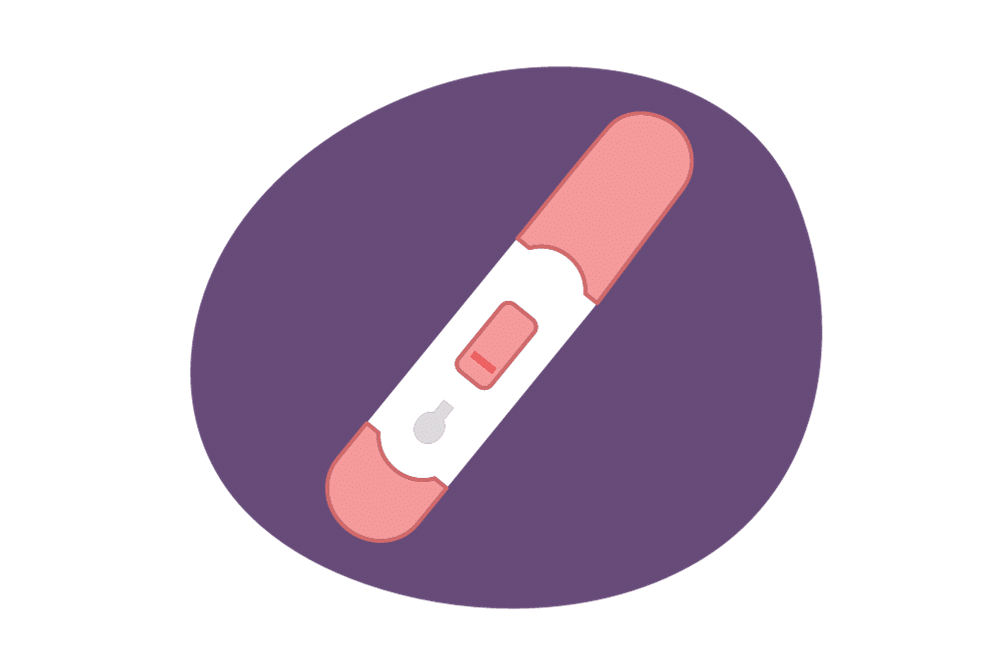
Can I Get Pregnant a Couple of Days After My Period Has Finished?
Yes, it is possible to get pregnant a few days after your period has finished. While the risk of pregnancy is generally lower immediately after your period, it’s essential to understand that every woman’s menstrual cycle can vary, and factors such as cycle length, ovulation timing, and sperm survival can influence the likelihood of conception.
What About Right Before Your Period?
The risk of getting pregnant right before your period is generally lower compared to other times in your menstrual cycle, but it is not impossible. Here are some key points to consider:
Ovulation Timing: In a typical menstrual cycle, ovulation occurs around the middle of the cycle, roughly on day 14. If your period follows this pattern, it is less likely that you will ovulate right before your period starts.
Sperm Survival: Sperm can live inside the female reproductive tract for several days. If you have a longer menstrual cycle and have sex towards the end of your cycle (closer to when your period is expected), viable sperm may still be present when you ovulate.
Irregular Cycles: If you have irregular menstrual cycles, it can be challenging to predict your fertile window. Ovulation can occur at various times, and it’s not always tied to a specific point in the cycle.
Unpredictable Bleeding: Occasionally, what seems like a period might not be a true menstrual period but breakthrough bleeding or other irregular bleeding, which can be confused with a period.
While the chances of pregnancy right before your period are lower, it’s essential to understand that fertility varies among individuals, and there is no guaranteed “safe” time for unprotected intercourse if you want to avoid pregnancy. To reduce the risk of pregnancy, it’s advisable to use contraception consistently and correctly throughout your menstrual cycle, especially if you are not trying to conceive.
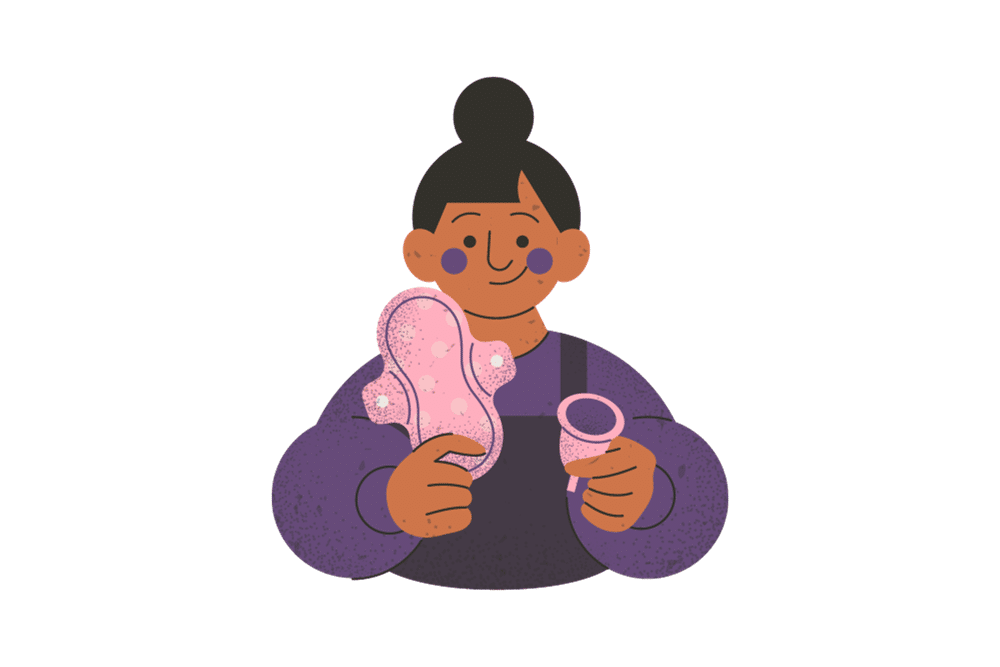
Is Period Sex Safe?
Whether a regular, long or short menstrual cycle, every woman experiences a cycle unique to them, and the four phases of a menstrual cycle can overlap. When it comes to period sex, the best practice is to maintain a ‘better-safe-than-sorry’ mentality. Avoid unprotected sex – use condoms and back yourself with a hormonal contraceptive treatment when trying to avoid an unplanned pregnancy. We also suggest laying a towel down to prevent blood-staining your sheets.
How do you know what phase of the menstrual cycle you’re in?
Whether your period follows a strict schedule or is as unreliable as public transport, period tracking apps are your best pal for knowing when your period starts, when your period ends, and if you’re likely to ovulate early or late. The best period tracking apps will provide a platform for you to log the date of your period, as well as the symptoms you’re experiencing, so you know when to seek professional advice when things go off plan.
